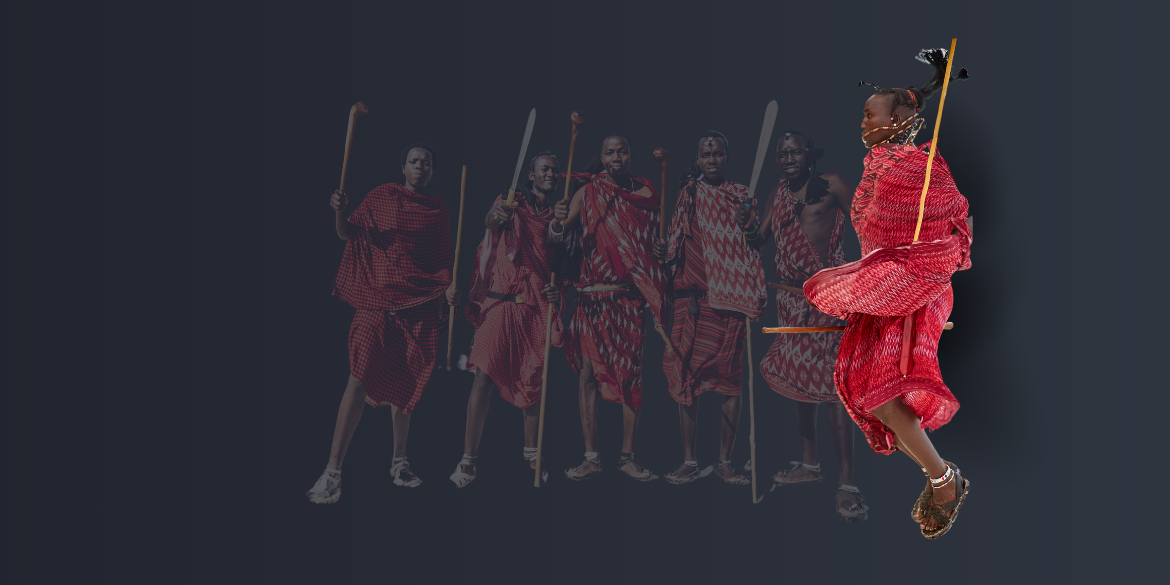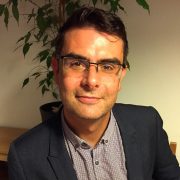Celebrating World Kiswahili Language Day!
04 Jul 2025
 3 mins
3 mins

Every year on July 7th, we celebrate World Kiswahili Language Day – a global recognition of one of Africa’s most influential and widely spoken languages. Swahili (Kiswahili) is more than a means of communication. It’s the voice of Masai warriors, groundbreaking authors, and Nobel laureates like Wangari Maathai. With deep roots in African culture and history, it continues to unite millions across nations, borders and generations.
But how much do you know about this rich and intriguing member of the Bantu language family? Here we unveil some of its speakers, reach, and the beautiful phrases that give it life.
How do you pronounce Swahili?
Take a look at this video which explains how to pronounce the language (Shwuh-hee-lee).
Where is the language spoken?
Swahili is widely spoken across several regions of Africa, including South East Africa, Tanzania, Kenya, Uganda, the Democratic Republic of Congo, Rwanda, Burundi, Mozambique, Somalia, Libya, South Africa, Oman and the United Arab Emirates. There are also native speakers in the US and Canada.
What is the demographic breakdown of speakers?
The United Nations ranks Swahili as one of the most spoken languages globally with more than 200 million speakers.
Swahili is prominently spoken in the African Great Lakes region and is also the East African lingua franca. Tanzania is the country with the largest number of native speakers, at about 15 million people. Although Swahili partly originated in the coastal regions of Kenya, the country has approximately 2 million native speakers.
In terms of the proportion of the population speaking the language, 98% of the Tanzanian population are proficient in Swahili. In Kenya, the percentage of Kiswahili speakers is slightly lower, at about 80%. Compared to the two countries, Swahili is less popular in Uganda, with less than 50% of the population speaking the language. The Democratic Republic of Congo (DRC) has about 1,000,000 people using Swahili as a first language with another 9,100,000 who have adopted it as a lingua franca. Other countries where Swahili is less popular include Mozambique (less than 10%) and Rwanda (less than 1%).
Swahili has a respectable status in many countries in the East African region. For instance, Kenya, Uganda, and Tanzania have incorporated it as one of the official languages. In addition, Swahili is the national language for Kenya and Tanzania.
What are the origins of Swahili?
The Swahili language developed from the interaction between the Arabian traders with the Bantu inhabitants of the east coast of Africa about 3,000 years ago (in fact Swahili' means 'coastal' in Arabic). Swahili emerged as a lingua franca to aid in the commercial activities between the two converging communities. Over the next years, Kiswahili was adopted in the inland regions of East Africa.
Is Swahili difficult to learn?
Swahili is often considered one of the easier Sub-Saharan African languages to learn, largely because it doesn't rely on lexical tone. Its many loanwords from other languages also make it more accessible to learners familiar with those tongues.
Some of the unique features of the language include the different dialects that differ with geographic location and the use of colloquialisms or informal language especially among non-native speakers.
What are some basic terms?
- Kamambe or kabambe: Meaning someone who is strong
- Nafurahi kukuona: Pleased to meet you
- Nukupenda: I love you
- Mtanashati: A handsome person
- Karibu nyumbani: Welcome home
- Siku ya wapendanao: Valentine’s day
- Akili ni mali: Knowledge is wealth
- Duniani kuna pepo, wawili wapendanapo: In the world there are spirits when two are in love
- Bahati haiji mara mbili: Luck doesn't come twice (Luck comes only once)
- Pendo ni kitu cha hiari: Love is out of choice
- Mtu mavi: A bad person
Which famous people speak the language?
- Wala bin Wala: Author
- Prof. Ken Walibora: Author
- Wangari Mathai: Kenyan social, environmental, and political activist and the first African woman to win Nobel Peace Prize
- Rashid Abdallah: Swahili news presenter
- Ngugi Wa Thiong’o: Author, dramatist, columnist and teacher
